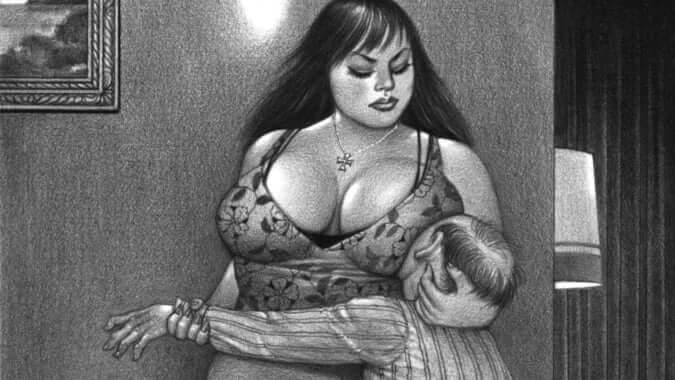Maison Suisen, the Philosophy of a ‘Ryokan’ in Paris
This massage parlour recreates the ambiance of traditional Japanese inns and offers treatments inspired by ‘shiatsu’.
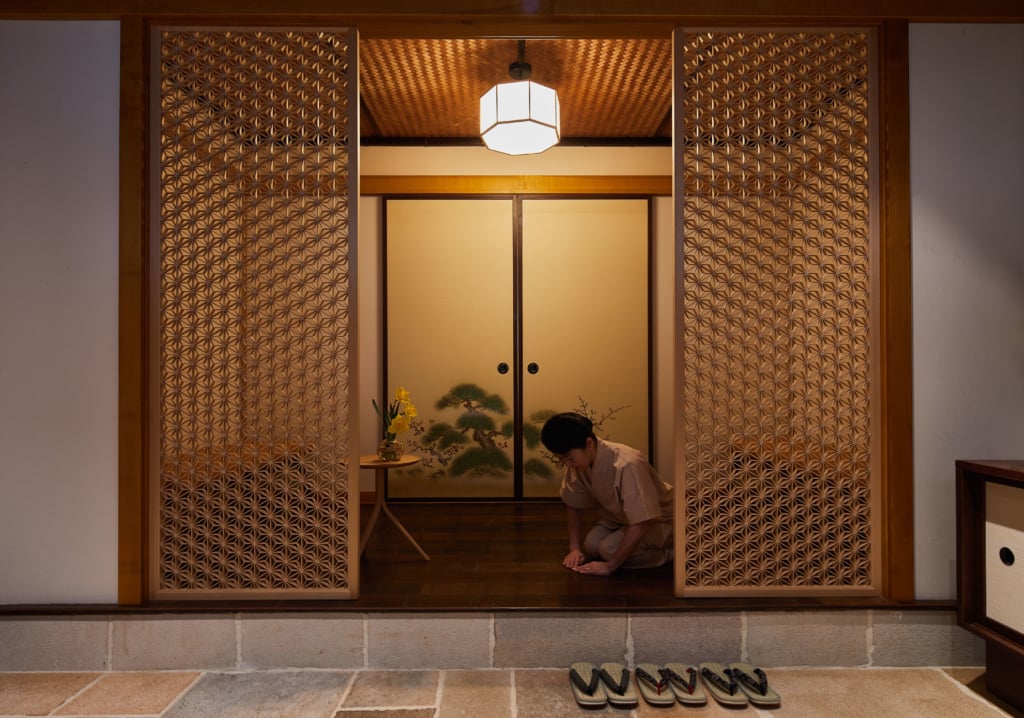
© Maxime Frogé
With its burnt wood façade, this Japanese massage parlour stands out in the heart of the Haut Marais. Designed as a ryokan (traditional inn), the watchword for this spa devised by Sandra Jollet is omotenashi, which means Japanese hospitality.
The visitor’s experience in this unusual establishment begins at the entrance. After passing through a noren (a short split fabric curtain), visitors have to swap their shoes for slippers, then put on a delicate jinbei (a garment to be worn inside or as nightwear) before being offered a welcome drink of green tea served in a ceramic cup.
Japanese practitioners
With a bamboo ceiling, lamps made from washi paper (a type of paper made by hand), fusuma doors (sliding wooden doors), the establishment offers a fully immersive experience. ‘I want to instil this sense of a change of scenery so the client forgets that they’re right in the centre of Paris’, the founder explained to Mint Magazine. In this treatment centre, conversations are had in low voices and everyone walks around quietly. Thanks to the different massage techniques used by the experienced Japanese practitioners, Maison Suisen seeks to offer clients a moment of serenity and harmonisation of vital energies.
The emblem of this ryokan, developed over five years by Sandra Jollet, is a yellow narcissus. ‘This signifies taking care of oneself, finding oneself. I particularly like this image because I think we are reborn after a shiatsu massage’, the owner of the premises revealed to Mint Magazine.
Treatments rooted in traditional Japanese medicine
Converted by her father, an acupuncturist, she wanted to honour this manipulative therapy trough five exclusive offerings: Wa (harmony), Jaku (tranquillity), Sei (purity), Kei (respect), and Fuku (happiness). From traditional shiatsu or with aromatic oil to anti-ageing treatments for the face and toning the figure and wellness of the stomach, they are all inspired by Japanese medicine which offers many benefits.
The treatment menu is personalised according to visitors’ needs and varies with the seasons. After an hour or two of relaxation, Maison Suisen has a range of green teas, along with teapots and other accessories, available for sale. ‘The selection of tea is unusual; they all come directly from Japan, close to Mount Fuji. I took the time to select them’, the owner revealed to L’Arrogante.
More information about Maison Suisen can be found on its website.
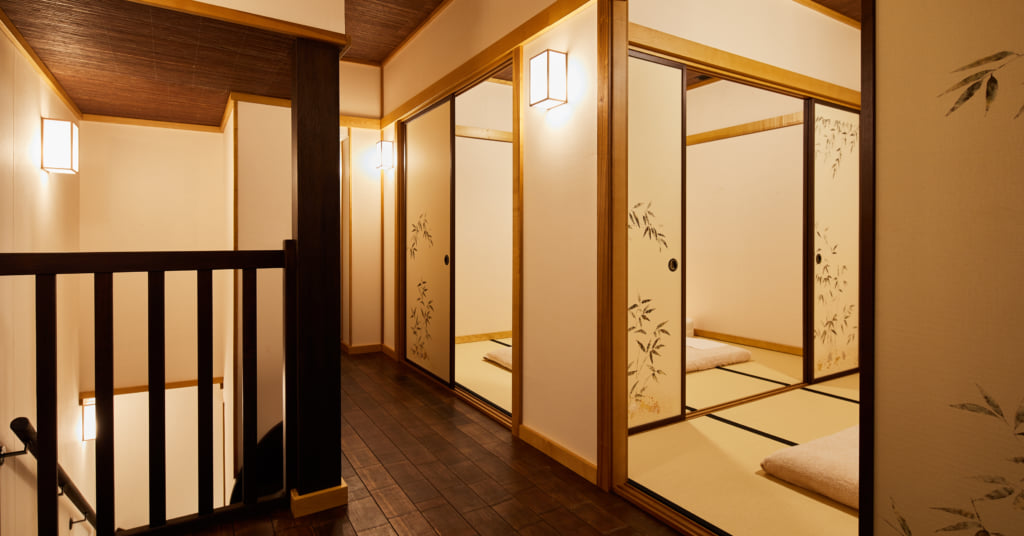
© Maxime Frogé
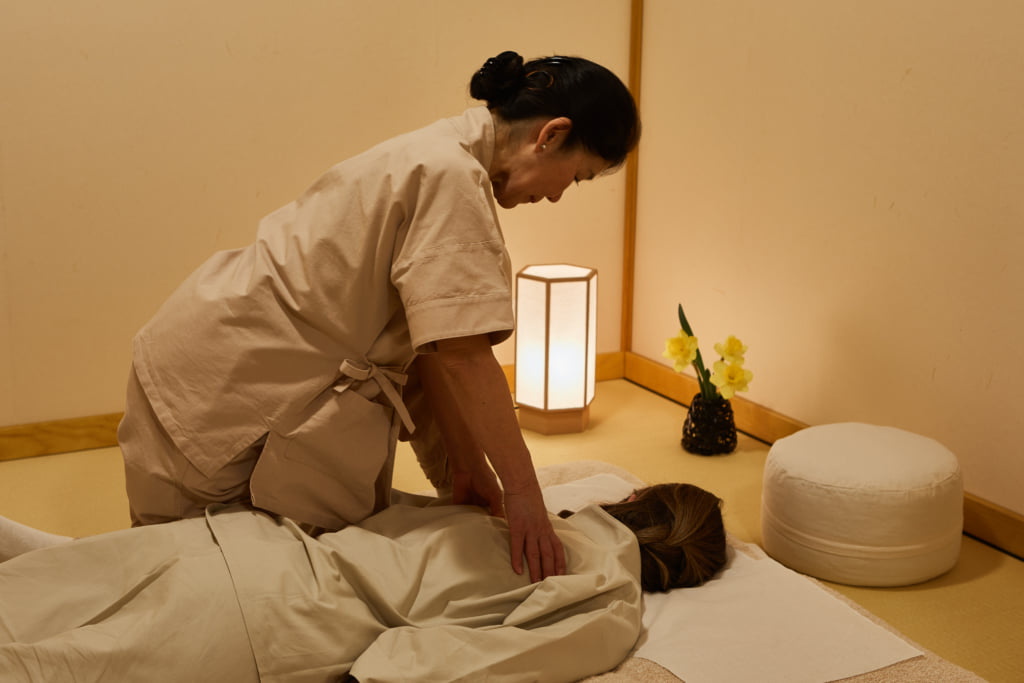
© Maxime Frogé
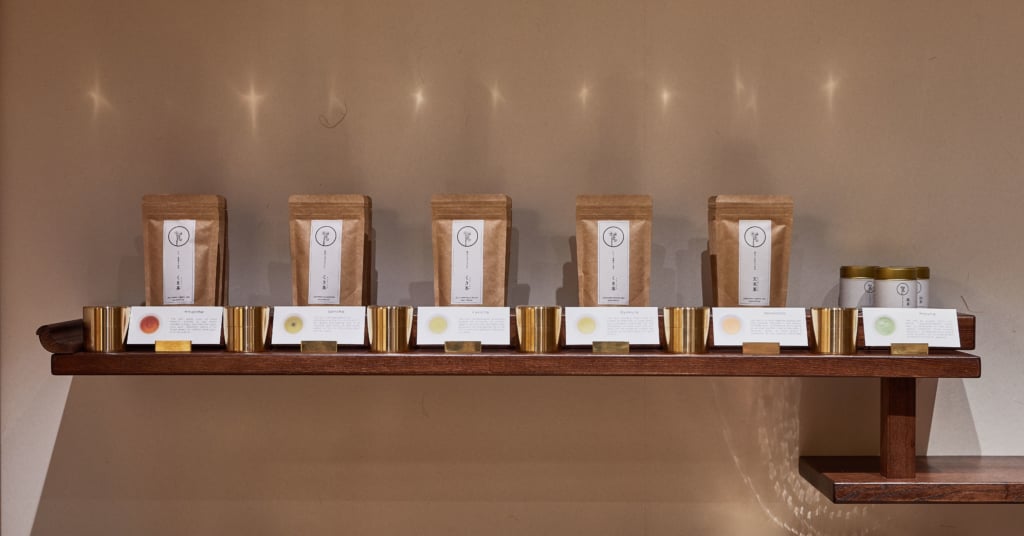
© Maxime Frogé
TRENDING
-
Ishiuchi Miyako, A Singular Perspective on Women
Recipient of the 2024 Women in Motion Award, the photographer creates intimate portraits of women through the objects they left behind.

-
Recipe for Ichiraku Ramen from ‘Naruto’ by Danielle Baghernejad
Taken from the popular manga with the character of the same name who loves ramen, this dish is named after the hero's favourite restaurant.

-
Namio Harukawa, Master of Japanese SM Art
'Garden of Domina' offers a dive into the world of an icon of ‘oshiri’, whose work has now reached a global audience.

-
The Tattoos that Marked the Criminals of the Edo Period
Traditional tattoos were strong signifiers; murderers had head tattoos, while theft might result in an arm tattoo.

-
The Emperor of Japanese Porn is Now the Star of a Netflix Series
Deliciously funny, The Naked Director especially succeeds in reviving the atmosphere that was so characteristic of 1980s Japan.



